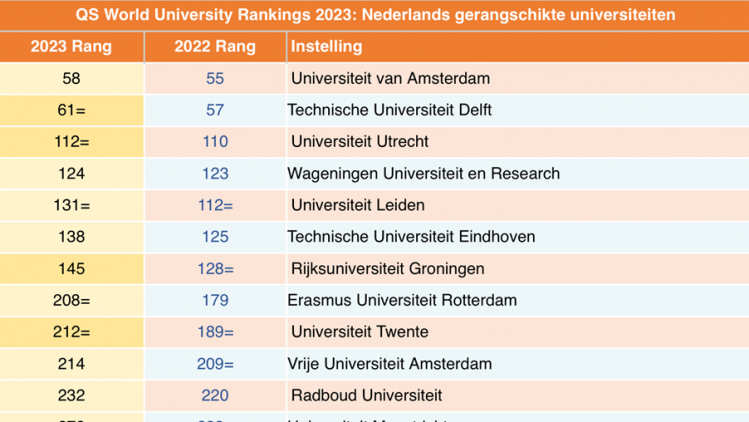The Importance of Uni Rankings in Higher Education

Introduction to Uni Rankings
Uni rankings play a crucial role in shaping the choices of prospective students globally. As universities strive for prestige and recognition, rankings provide insight into teaching quality, research output, and student satisfaction. In 2023, the importance of these rankings has intensified as students navigate a competitive academic landscape. High positions in national and global rankings can significantly influence a university’s reputation, funding, and appeal to international students.
Current Trends in Uni Rankings
Several prominent organisations publish university rankings, including QS World University Rankings, Times Higher Education, and the Academic Ranking of World Universities (ARWU). In the latest QS rankings released in September 2023, institutions such as the University of Oxford and Stanford University secured the top spots, continuously attracting applications from top-tier students worldwide. Key metrics used in these rankings typically include academic reputation, employer reputation, faculty/student ratio, and international faculty and student ratios.
Interestingly, this year’s data highlighted a shift towards universities excelling in sustainability and social impact. With increasing global concerns over climate change and equity, universities that prioritised these areas saw notable improvements in their rankings. For example, the University of California, Berkeley made strides in its sustainability initiatives, which contributed to its rise in the QS rankings.
The Impact of Uni Rankings
The implications of uni rankings extend beyond mere prestige. They influence academic collaboration, job prospects for graduates, and funding opportunities. Universities high on the rankings often attract significant research grants and funding from both government and private sectors. Moreover, students from top-ranked universities frequently have access to better job opportunities and starting salaries, creating a feedback loop that perpetuates the success of these institutions.
However, critics argue that overemphasis on rankings can lead to a narrow focus on metrics that do not fully capture the educational experience. For instance, smaller institutions may not excel in research outputs but offer personalized attention and unique programs that could benefit students. Balancing these rankings with qualitative insights about university life is essential for students making important choices.
Conclusion
As we move through 2023, uni rankings will continue to be a significant factor in higher education. While they offer valuable insight into institutional quality, prospective students should consider multiple factors, including course offerings, campus culture, and career opportunities. Universities, on their part, must look beyond rankings to ensure they provide meaningful education that meets the evolving demands of society. The future will likely see a push for a more holistic approach to ranking universities, focusing not only on quantitative measures but also on the qualitative aspects of the educational experience.









